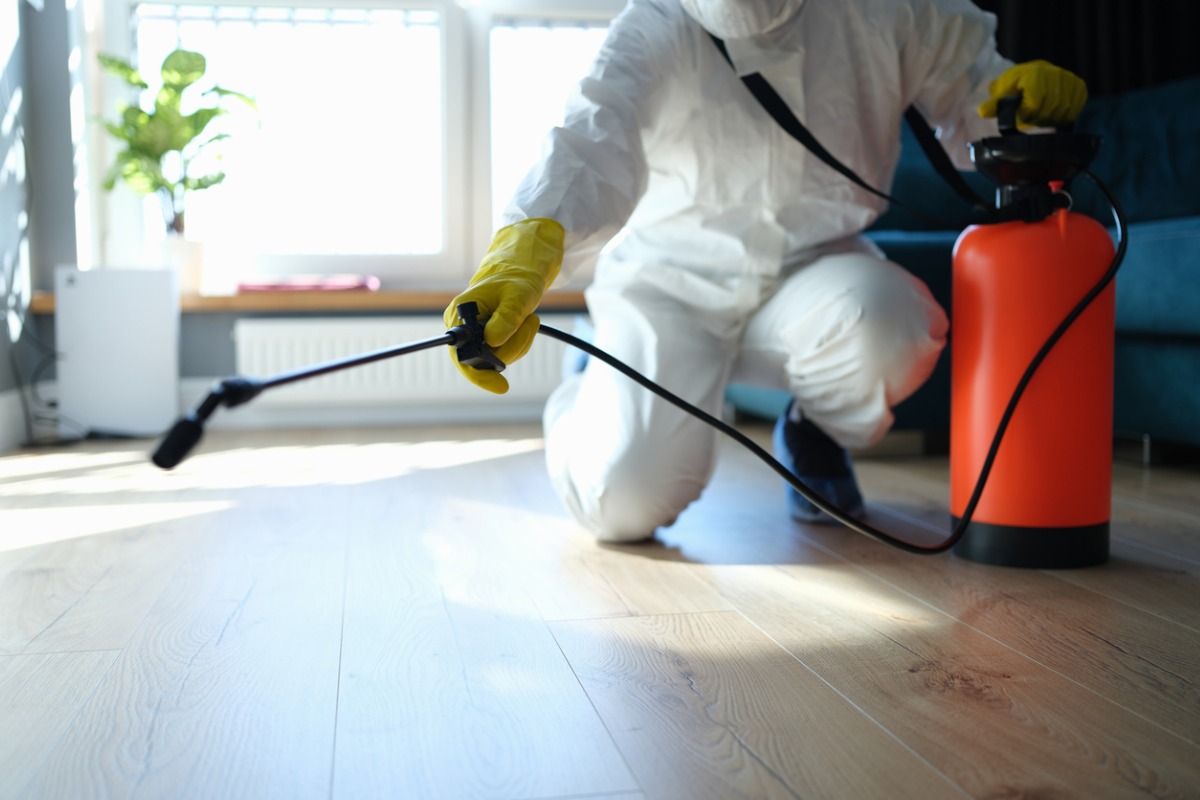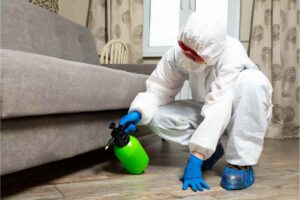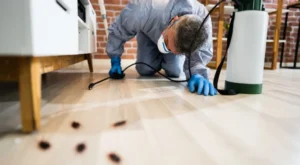A home is meant to be a sanctuary, a place where you feel safe, comfortable, and at ease. However, when pests invade, they can disrupt this peace and compromise the health and well-being of your household. Regular pest control is not just an option; it is a necessity for maintaining a healthy home environment. In this article, we will delve into the reasons why consistent pest control measures are crucial, exploring the potential risks associated with pest infestations and the benefits of proactive prevention.
I. Health Hazards
A. Allergies and Respiratory Issues
- Dust mites, cockroach droppings, and pet dander can trigger allergies and asthma attacks.
- Rodents can spread allergens through their urine, droppings, and fur.
B. Disease Transmission
- Mosquitoes and ticks can carry diseases like West Nile virus and Lyme disease.
- Cockroaches are known carriers of various bacteria, including E. coli and Salmonella.
C. Venomous and Harmful Bites
- Venomous spiders like the Black Widow and Brown Recluse pose a danger to humans.
- Stings from wasps, hornets, or bees can lead to severe allergic reactions.
II. Property Damage
A. Structural Integrity
- Termites and carpenter ants can weaken the structural integrity of your home by chewing through wood.
- Rats and mice may gnaw on electrical wires, posing a fire hazard.
B. Contamination of Food and Water Sources
- Rodents and insects can contaminate food with their droppings, saliva, or urine.
- Stored food can be rendered inedible due to pest infestations.
C. Destruction of Belongings
- Clothes, books, and upholstery can be damaged by moths, silverfish, and other pests.
- Rodents may chew through furniture and personal belongings.
III. Psychological Impact
A. Stress and Anxiety
- Living with pests can lead to constant stress and anxiety, affecting mental well-being.
- Sleep disturbances can result from the fear of pests crawling or scurrying around.
B. Embarrassment and Social Isolation
- Pests can be a source of embarrassment when guests visit your home.
- The presence of pests can deter social gatherings and activities.
IV. Financial Considerations
A. Cost of Repairs
- Repairing damage caused by pests can be expensive and may not always be covered by insurance.
- Termite infestations, if left untreated, can result in extensive repair bills.
B. Reduced Property Value
- Pest infestations can decrease the market value of your home.
- Prospective buyers may be deterred by signs of pests.
V. Benefits of Regular Pest Control
A. Prevention of Infestations
- Regular pest control measures can identify and address potential infestations early.
- Proactive steps, such as sealing entry points, can deter pests from entering your home.
B. Health and Safety Assurance
- Reduced risk of allergies, diseases, and injuries associated with pests.
- Peace of mind knowing that your home is a safe and healthy environment.
C. Preservation of Property
- Maintenance of structural integrity and prevention of costly repairs.
- Protection of personal belongings and food sources from contamination.
Conclusion
Regular pest control is not merely a convenience, but a vital component of maintaining a healthy, safe, and comfortable home environment. The potential health hazards, property damage, psychological impact, and financial considerations associated with pest infestations underscore the importance of proactive prevention. By investing in regular pest control measures, you can safeguard your home and the well-being of your family, ensuring that it remains a true sanctuary for years to come.



